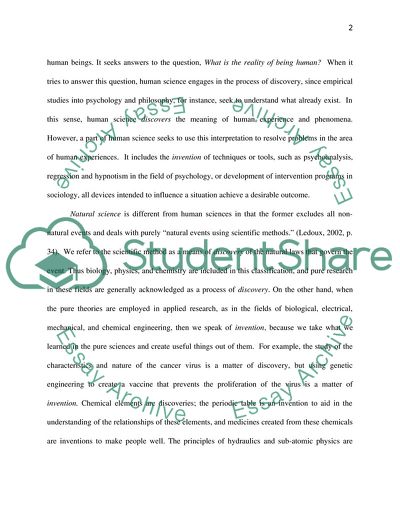Cite this document
(Discovered or Invented Essay Example | Topics and Well Written Essays - 1250 words, n.d.)
Discovered or Invented Essay Example | Topics and Well Written Essays - 1250 words. https://studentshare.org/law/1726558-discovered-or-invented-theory-of-knowledge
Discovered or Invented Essay Example | Topics and Well Written Essays - 1250 words. https://studentshare.org/law/1726558-discovered-or-invented-theory-of-knowledge
(Discovered or Invented Essay Example | Topics and Well Written Essays - 1250 Words)
Discovered or Invented Essay Example | Topics and Well Written Essays - 1250 Words. https://studentshare.org/law/1726558-discovered-or-invented-theory-of-knowledge.
Discovered or Invented Essay Example | Topics and Well Written Essays - 1250 Words. https://studentshare.org/law/1726558-discovered-or-invented-theory-of-knowledge.
“Discovered or Invented Essay Example | Topics and Well Written Essays - 1250 Words”. https://studentshare.org/law/1726558-discovered-or-invented-theory-of-knowledge.


